Shakespeare’s ancient influences
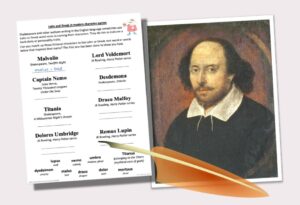
Plato & morality
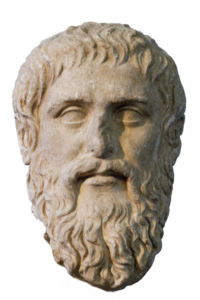
Music in the ancient world
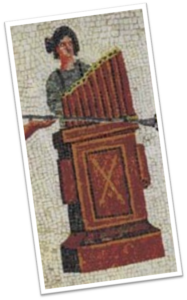
The Greek gods
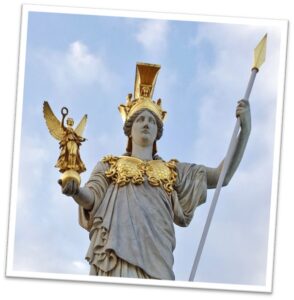
The meaning of myth
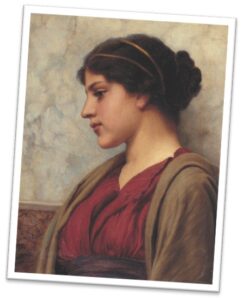
Homer & epic poetry
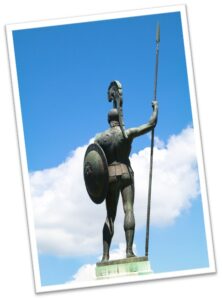
The Greek alphabet
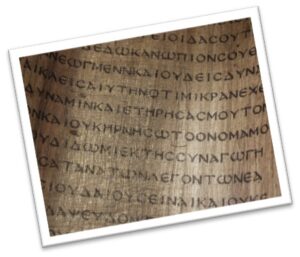
The Olympics
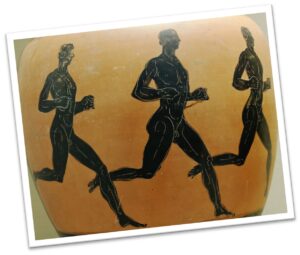
Myths through clay
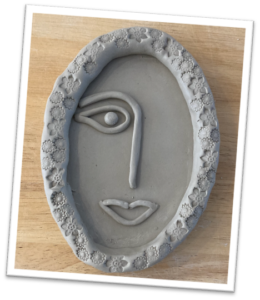
If you've liked these resources...
…why not consider signing up to our courses, Maximum Classics for Schools, Maximum Classics at Home or Mega Greek?
